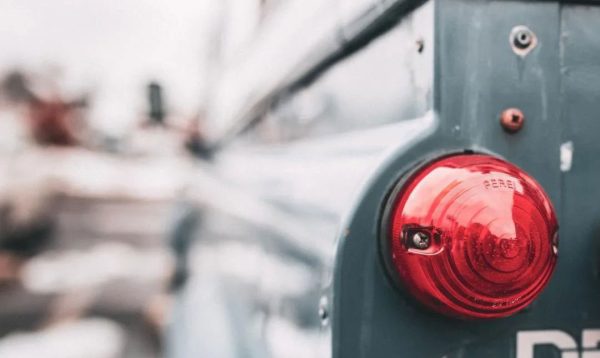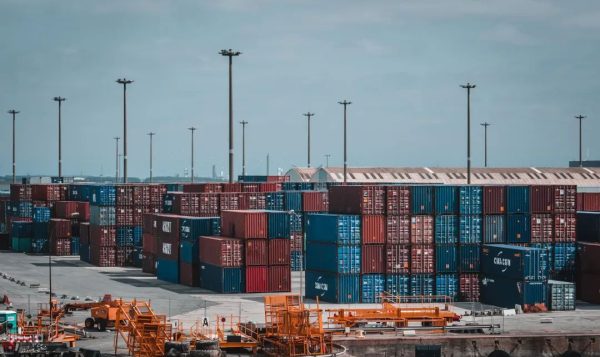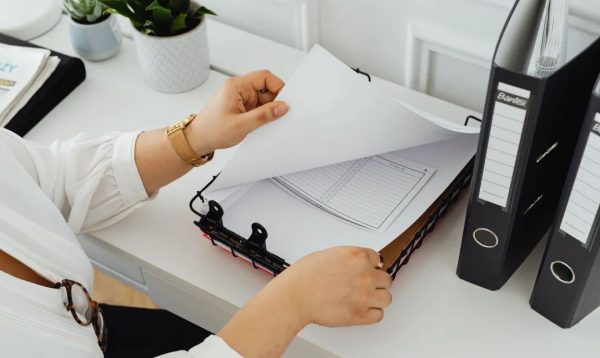The National Day has just passed, and Indonesia’s red light period is approaching. Businessmen engaged in Indonesia’s foreign trade activities have also begun to prepare for the red light period. Indonesian Customs can be said to be one of the most difficult customs clearances in the world, and the period from December to March of each year is the red light period for Indonesian Customs.

During this period, Indonesian Customs will conduct strict inspections of goods that require import customs clearance. Not only will the procedures increase, but they will also cooperate with other relevant departments to conduct cargo inspections, which will greatly increase the difficulty of customs clearance.
Inspection stringency
The strictness of Indonesian customs inspections during the red light period can be said to be "checking at all levels and never letting go of a small possibility."
Every item of goods declared must be taken out and counted to see if the single goods match; each box must be unpacked and counted to see if the quantity matches the declaration; each board must be disassembled and counted to see if the quantity is consistent with the goods, and the application must be checked. Whether the person and the payer are consistent.
Examine the consequences of differences
If Indonesian customs finds any abnormalities during the inspection process, it will often be accompanied by corresponding penalties and given to the holder of the goods.
The imported PO is not completed in advance and there is no legal import license - return or fine.
The quantity and specifications of the goods are not accurate to the "number of pieces" or are inconsistent with the reported number of pieces - fine.

Underdeclared goods - withholding fines.
Import permit not submitted before arrival at port - fine.
All in all, it’s almost fines, fines, fines. For cargo owners, it’s not just the economic losses caused by customs fines. Because the goods are detained at customs for too long, it will also cause other losses. This is also the red light period of Indonesian customs. One of the main reasons for fear.
how to respond
1. For different goods types and quantities, it is necessary to clarify the goods information before shipment. Be sure to communicate with local merchants in Indonesia and ask about the recent policies of Indonesian Customs and whether such products will encounter customs clearance obstacles. If possible, packing should be done in conjunction with the packing requirements of a powerful destination port agent and customs relations.

2. If the local Indonesian merchant you cooperate with does not have import rights, or has relatively low qualifications, it is generally easier to be inspected (obtaining an import license API, or even applying for a Master List, does not mean that customs clearance will be smooth). Therefore, we can choose to cooperate with some powerful and qualified customs clearance agencies to let professionals complete the customs clearance needs during the red light period in Indonesia.
3. If you export mechanical products, please be sure to report them in detail. They must be brand new so as not to incur additional costs. If they are old, they must be SGS. If you export without SGS, it will be inspected by the customs and either the container will be detained or the shipment will be returned. If you have certain abilities and connections, you can still keep the goods, but the high fines will make you regret it, so you must treat it carefully.
4. There is another way, which is to complete customs clearance of goods before the red light period in Indonesia. Of course, this method is not suitable for all merchants.
5. Indonesia has implemented very strict inspections on many products since January 2013. For example: LED lights, non-new machinery, non-new machines, textiles, etc. need to be inspected by SGS before loading. After the application is completed, SGS NO will be issued. Make an appointment with Shipper to do a pre-loading inspection to reduce the chance of getting stuck.

The exported goods must be consistent with the actual packing list. If the goods are found to be inconsistent with the actual packing list, invoice, and copy of the bill of lading during a cabinet inspection at the destination port, customs fines will be deducted. In short, you must not be lazy when filling out the form. Write it in as much detail as you can.






